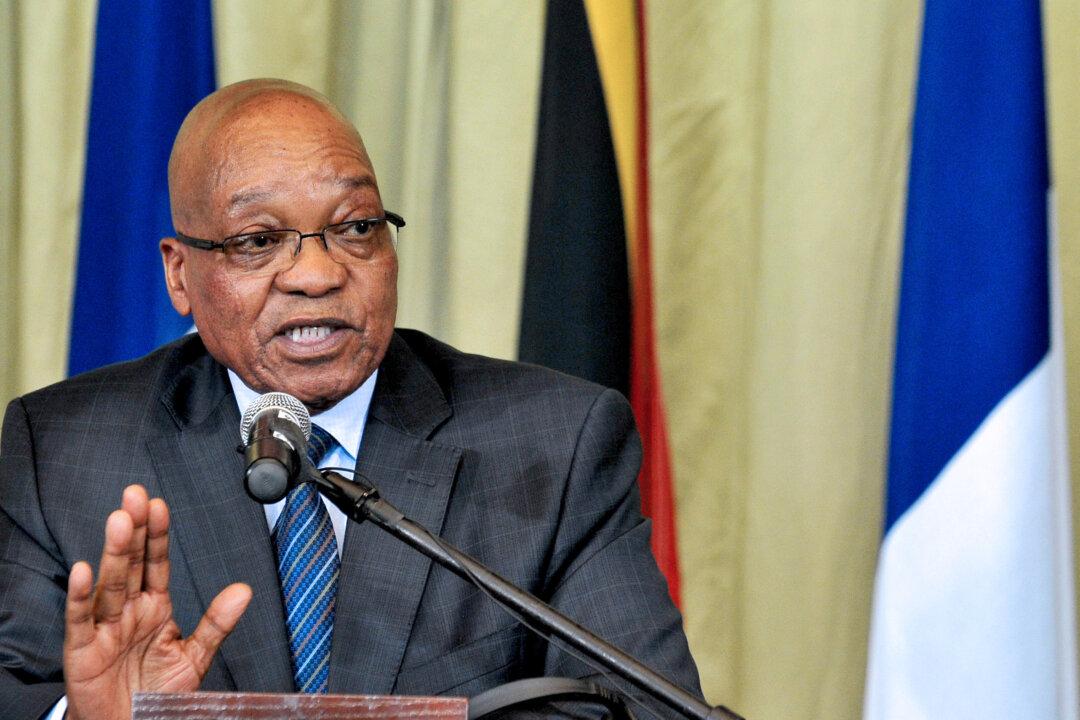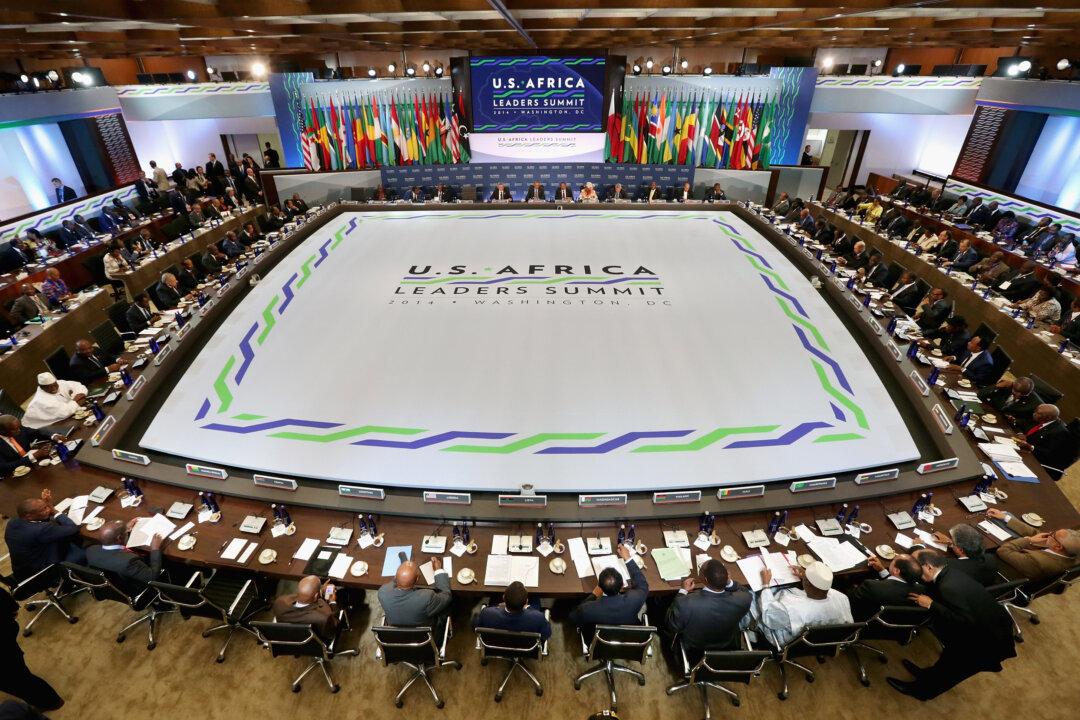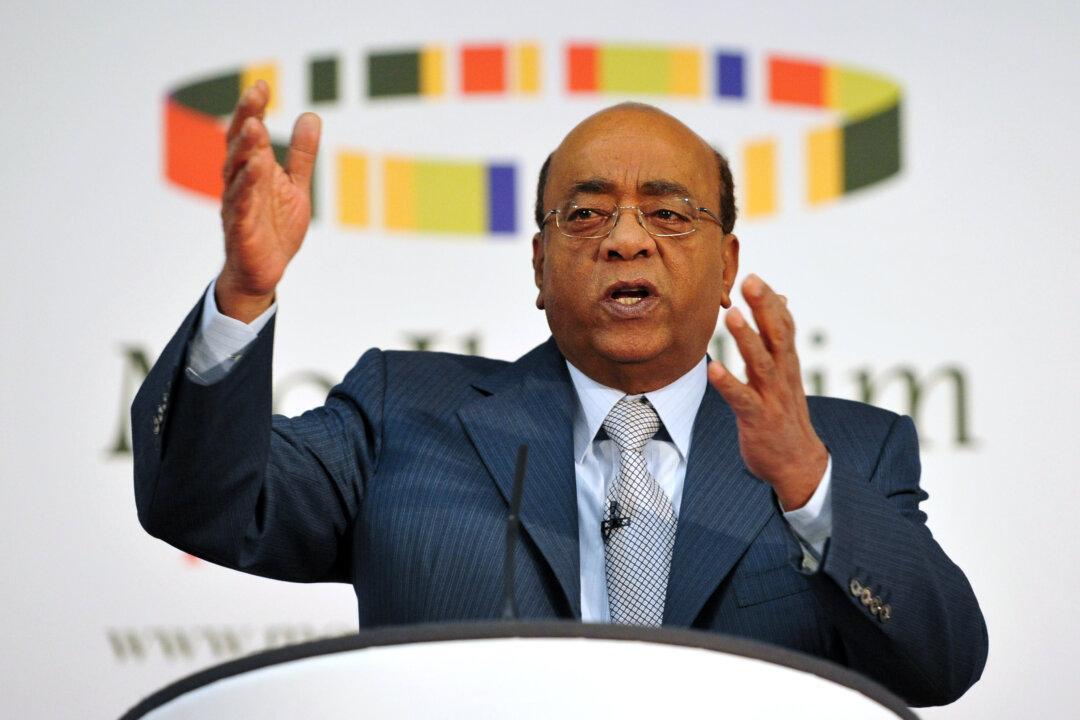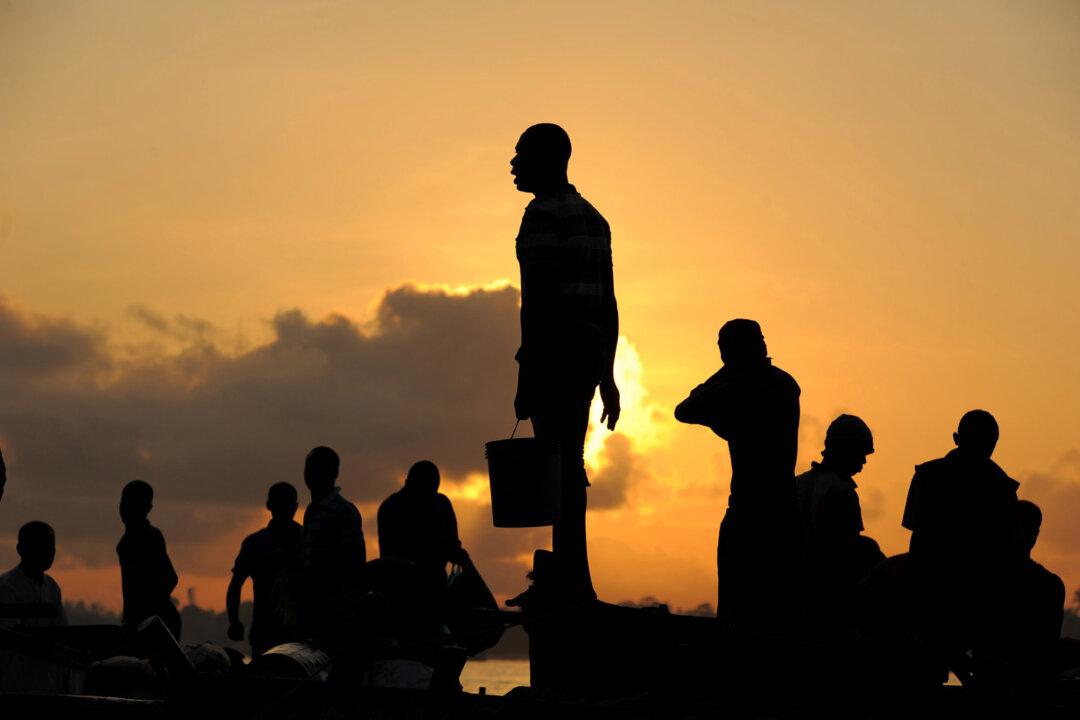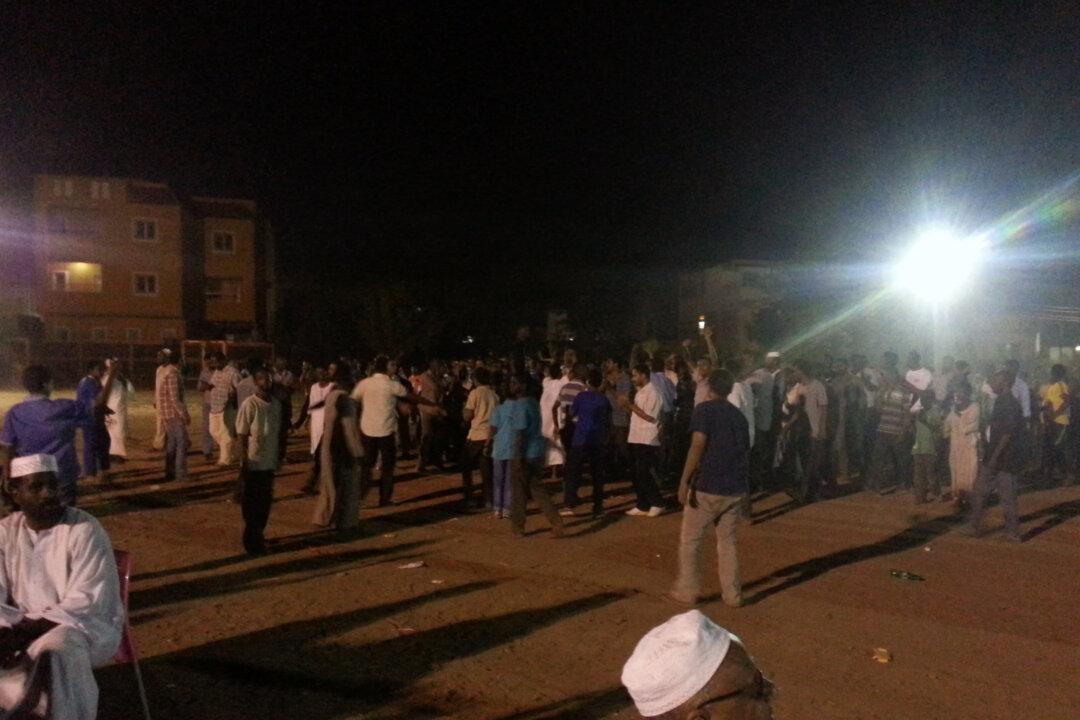While defending a new plan introducing tolls between Johannesburg and Pretoria on Oct. 21, South Africa’s president, Jacob Zuma, said, “We can’t think like Africans in Africa, generally. This is Johannesburg. It’s not some national road in Malawi.”
The comment led to a media frenzy—with the usual opponents (media, political analysts, NGOs) and defenders (the ANC, the administration, and other supporters) landing on familiar grounds when a highly visible public figure makes a gaffe.
The president’s spokesman, Mac Maharaj, accused the media of taking the comments out of context (is there a “proper” context in which to belittle another country?) and that, as a result, the entire situation was “blown completely out of proportion.”
Zuma’s opponents called him insensitive, and reminded the public of his many wives (implying that he, in fact, “thinks like other Africans” when embracing polygamy) and previous gaffes.
Yet, let’s give Zuma some credit. In less than 15 seconds, he gave us much food for thought. Here is a rarely discussed underlying issue: Is there a “common Africa”? What does the reference to Malawi mean in the socio-historical context of a southern Africa region? South Africa’s historical exceptionalism reveals both the basis for Zuma’s crude statement and its dangerous impact.
Zuma’s predecessor, Thabo Mbeki, spent two terms militating for neo-pan-Africanism based on continentwide economic unification, thus attempting to assuage conditions he and his supporters deemed universal across Africa: extreme poverty, underdevelopment, racism, and political decay.
His ideas received marginal support both at home and abroad.
Within South Africa, making the leap to believing all Africans are the same is difficult to achieve and impossible to sustain. South Africans often feel little in common with and minimal sympathy for social, economic or political, causes across the continent.
South Africa is Different
South Africa is viewed differently by pretty much everyone, at least at this moment in history. A democratic nation, where rule of law (judicial court) is acknowledged as the highest authority in the land, its media is uncensored and unregulated. Political parties are free to voice opposition to the main party. Distinguished for its economic potential and accelerated economic growth, South Africa is part of BRICS, the acronym for the five countries (Brazil, Russia, India, China and South Africa) recognized as emerging national economies.
These facts also fuel the rhetoric of South Africa’s exceptionalism trickling down to the masses. In short, Zuma’s statement reflects opinions held by many South Africans. Or as Ebrahim Fakir, a well-known political commentator, told South Africa’s Daily Maverick, “Zuma is merely airing an often shy and hidden reality of the perceptions and arrogance that many South Africans share.”
Although Zuma often goes off script and makes public statements leading to media storms, his lack of sensitivity is even more shameful as this South African exceptionalism rhetoric carries critical consequences, both nationally and internationally.
In 2008, xenophobic attacks in South Africa spanning several weeks led to the deaths of 62 immigrants, injured hundreds and lead to the destruction of immigrant property. Some attackers reportedly sang Jacob Zuma’s campaign song “Bring Me the Machine Gun.” South Africans’ feelings of superiority were one of the leading causes behind the attacks, according to the report from the Human Sciences Research Council of South Africa.
Internationally, South Africa seeks a permanent U.N. Security Council seat, an unachievable position without the votes of other African states.
In regional and global politics, Zuma’s statement is unforgivable as it again sets South Africa back, perpetuating internal divisions and hindering the country’s geo-strategic and political ambitions.
Zuma’s problem is similar to that of Uganda’s former dictator, Idi Amin, who once complained: “Sometimes people mistake the way I talk for what I am thinking.” Both represent a poisoning force for their people. Their actions create setbacks no African country can afford.
Codrin Arsene writes about African political and cultural affairs. He is a Chicago-based anthropologist who lived and worked in Tanzania and Uganda.
